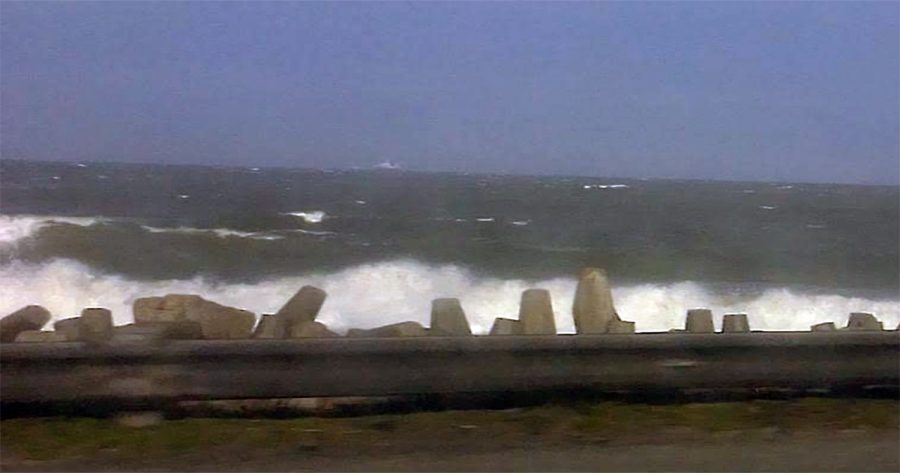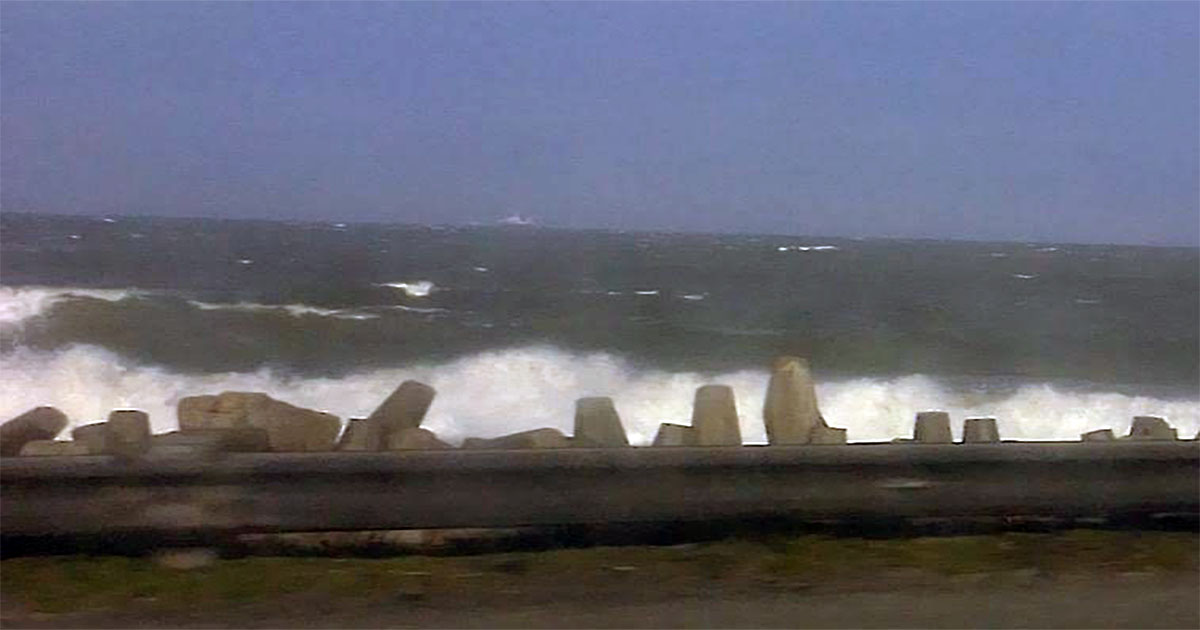
New National ‘Language’ for Tourists in South Africa
Going to the beach is central to tourism entertainment. Dozens of tourist from diverse communities in SA and around the world like to gather on one of South Africa’s beautiful beaches… writes Godfrey Sigwela. And afterwards, they return to their respective accommodation and/or go out to restaurants. Some like working out in the gym while […]

Going to the beach is central to tourism entertainment. Dozens of tourist from diverse communities in SA and around the world like to gather on one of South Africa’s beautiful beaches… writes Godfrey Sigwela.
And afterwards, they return to their respective accommodation and/or go out to restaurants. Some like working out in the gym while others spend their leisure time in casinos or on wildlife adventures.
They all speak different languages, coming from different parts of the world. Even the locals speak different languages.
It has therefore been discovered that there is a need to establish a common language for local and international tourists so they can enjoy their SA adventures without misunderstandings.
Influenced by their own home language and culture, sometimes tourists interpret and translate a particular tourist attraction based on their own understanding.
As a result, a conflict of interest may arise between a travel agent and the tourist or the tour guide. Sometimes a communication language used in one country or province can become offensive to another tourist.
Citing these tourism challenges, the South African Bureau of Standards (SABS) has introduced new national standards set to create a common vocabulary for tourists (based on that of the International Organization for Standardization).
Media relations at SABS, Roshelle Pillay, offered examples, asking for instance – when going on holiday and booking accommodation, do you understand the difference between a homestay, holiday home, couch sharing, apartment hotel, a holiday cottage, camping, or the multitude of other descriptions used in tourist accommodation?
She said that SABS, through its technical committee, tourism standards, has recently published the new national standard.
Acting SABS CEO, Sadhvir Bisson said:
“The tourism sector evolves on a regular basis as new experiences. That includes the types of facilities that emerge and it is important that there is a globally accepted and used common vocabulary.
“A common set of terms, especially identifying types of accommodation and the facilities will improve the tourist experience. As a result consumers can adequately find the right accommodation to meet their needs. That would allow service providers to correctly advertise their offerings.”
The SABS added that the national standard includes definitions for half board, suites, junior suites, early check-in, mini-bar service, accessible rooms, air conditioning, gyms and a range of other commonly found amenities that applies to the tourism sector. The new standard can be purchased from the SABS webstore, via www.sabs.co.za